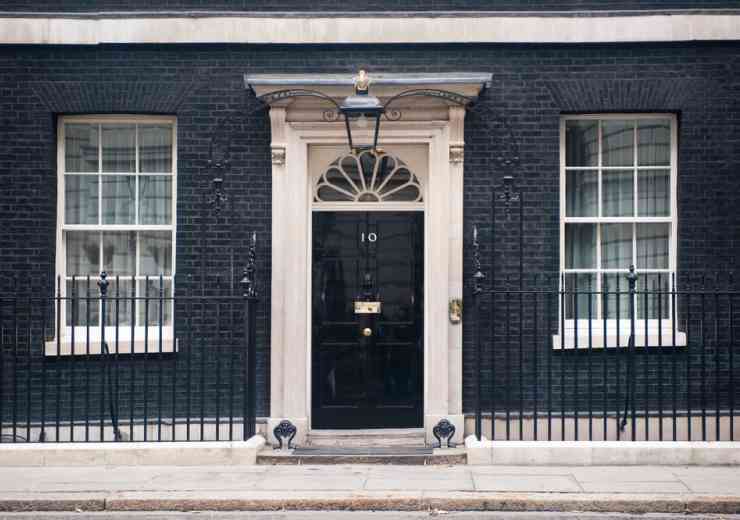News
Oct 12, 2017
Proposal for new terrorism sentencing guidelines
The Sentencing Council has published new proposals for how those convicted of terrorism offences in England and Wales should be sentenced. The body has set out the first proposed sentencing guidelines for dealing with offenders guilty of a wide range of terrorism offences, including preparation of terrorist attacks, collecting or sharing extremist material, raising funds for terrorism, glorifying terrorist acts and joining or supporting a banned organisation. The introduction of guidelines will help assist judges in reaching appropriate sentences and hopefully create greater transparency and consistency in the sentencing of very serious and difficult cases. Given the developing nature of the terrorist threat, the Sentencing Council accelerated the production of the guidelines after the terrorist attacks in the UK this year. As part of the proposals, lower level offences are likely to receive increased sentence lengths as they become more serious than they have previously been perceived. Lord Justice Treacy, Sentencing Council chairman, said: “We want to ensure that courts have comprehensive guidance for dealing with these extremely serious cases. Offences vary greatly and could include someone who tries to make a bomb, another who urges others to join a terrorist organisation or a group plotting a murderous attack on the public. Our proposed guidelines set out a clear approach to dealing with this wide range of offences to ensure appropriate sentences are passed to punish offenders and disrupt their activities. Our proposed guidelines are now subject to a public consultation to which anyone can respond.” A final set of guidelines will come into force in courts in spring 2018.
View the latest
digital issue
digital issue


























